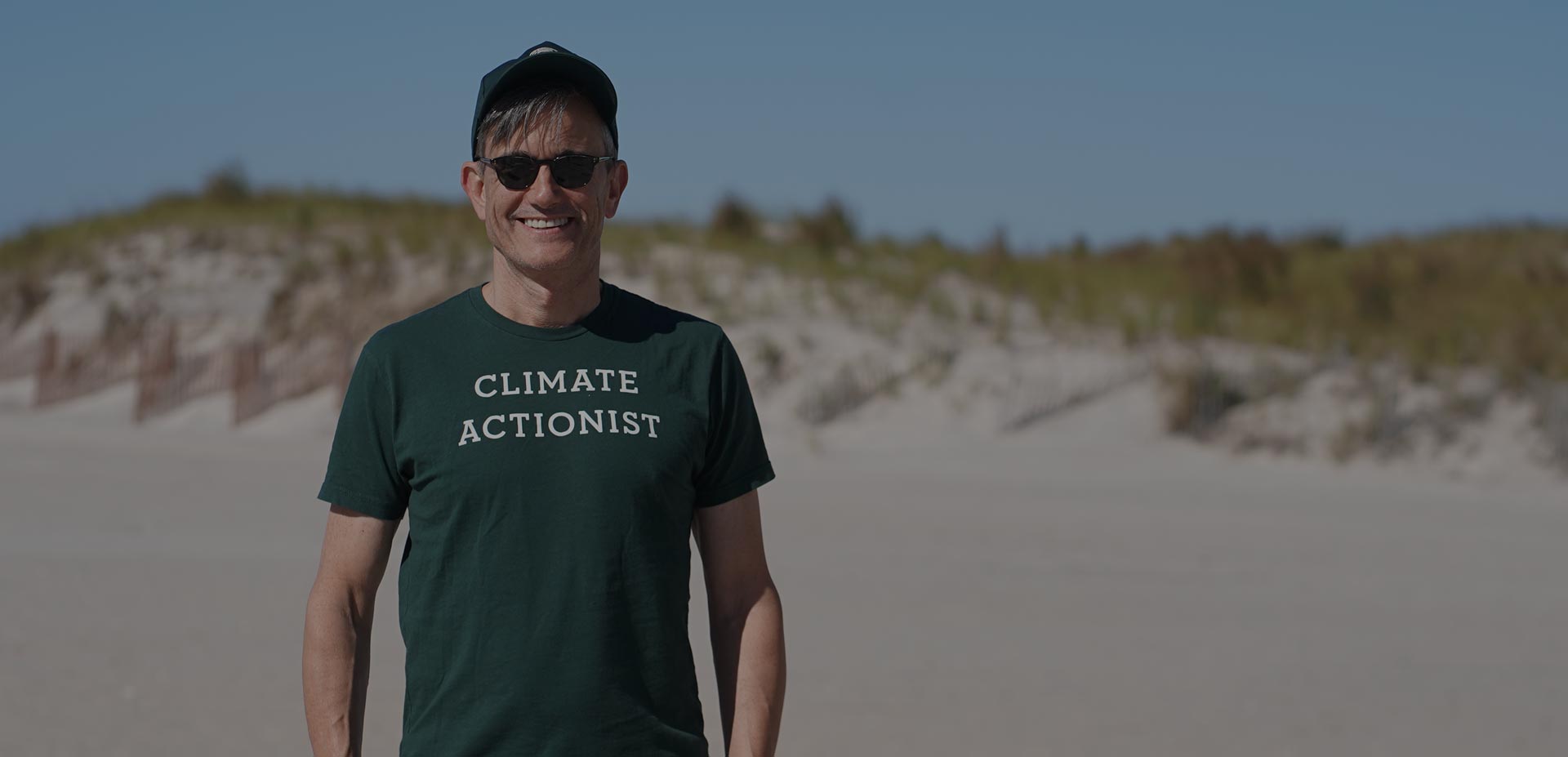Modest changes can make an enormous difference
I’m Jack, Founder of The Copernicus Project. Let me show you how I turned from being pessimistic and resigned to the oncoming climate disaster to optimistic and excited…
More than 80 percent of Americans believe that human-caused pollution contributes to climate change. Three-quarters of us want the government to do something about it, hoping that the same political leaders who have done virtually nothing to stop global warming for 40 years will finally act.
Instead, how about looking in our own backyards?
Climate change is by far the most serious crisis humanity has ever faced. We should be doing everything in our power to stop it, but most people have no clue where to begin.
Here’s the good news: We can target interventions with near-surgical precision, then model, measure, and replicate their impact. We already know what to do, where to do it, and how to do it, using a technology proven to work for hundreds of millions of years — photosynthesis.
The good-news climate story
Most climate solutions focus solely on reducing manmade greenhouse gases. The fastest, cheapest, and easiest way to fight climate change is already available at a massive scale—and it’s in the ecosystems like forests, wetlands, and soils surrounding your community right now.
Game-changing advances
Just modest changes in the status quo can make an enormous difference over 30 to 50-year timeframes. Not only can we capture and sequester vast amounts of carbon but we can also stop desertification and provide clean water, food, jobs, and biodiversity to local communities across the world. Here’s how.
Game-changing advances
Just modest changes in the status quo can make an enormous difference over 30 to 50-year timeframes. Not only can we capture and sequester vast amounts of carbon but we can also stop desertification and provide clean water, food, jobs, and biodiversity to local communities across the world. Here’s how.
It takes all of us
Within a 50-mile radius of even the largest metropolitan area in the United States are some of the country’s most important and critically endangered ecosystems. Hundreds of conservation organizations are working hard every day to protect and restore these areas—but they need your help.

